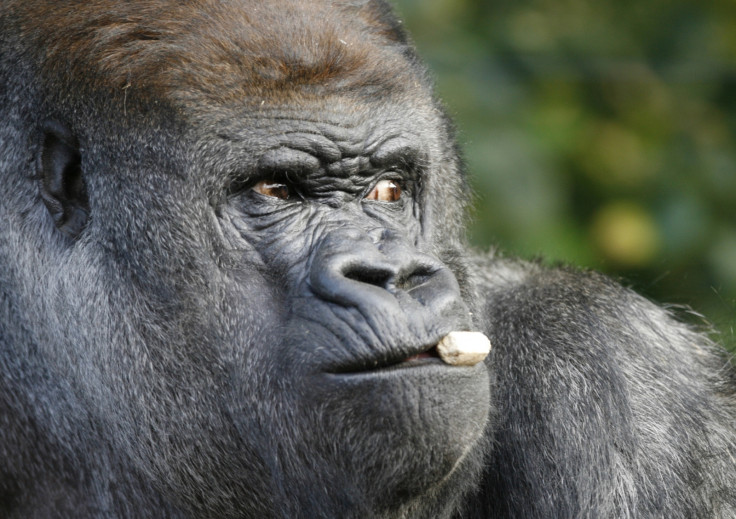Human brain evolution might explain scepticism about evolution: scientists

Some people have a difficult time believing in evolution because of ... evolution, believe researchers.
The human brain has evolved in such a way that the idea of natural selection is tough to grasp by a segment of the population even though it's overwhelmingly supported by scientific consensus. It might be more natural for the brain to tend to believe in Intelligent design — that a divine being with a purpose creates change in species— say scientists.
Scientists have long linked cultural influences such as religion to a community's proclivity to accept or reject the idea of evolution. Conservative evangelical groups in Kansas, say, with a strong belief in God, tend not to believe in an evolution that progresses simply by scientific processes.
But researchers have also come to realize that the very mechanisms that drive human cognition developed through evolution also have am impact. Certain human tendencies make a solid belief in evolution difficult, notes NPR.
Humans tend to prefer explanations that offer certainty and a sense of purpose when it comes to their lives and the world. They also prefer clear, straight-forward biological explanations without the twists and turns of natural selection.
So if humans have the same basic brain processes and tendencies, what accounts for the different perspectives on evolution? Again it might come back to religious belief ... which is also based on evolution, scientists believe.
A recent study discovered a link between belief about evolution and cognitive style. In his study of groups of Kentucky college students, psychologist Will Gervais found that those with a more intuitive cognitive style — following immediate, intuitive judgments — tended to be sceptical about evolution. Those with an analytical cognitive style, even among those who were religious, tended to believe in evolution. But generally, those with an analytical bent of mind tended to be both less religious and more likely to believe in evolution.
One of Gervais's theories is that a "suite" of intuitions may "cognitively predispose" people to "adopt creationist beliefs." But some have the analytical capability of "overriding" that instinctive human reaction, he writes in the journal Cognition.
Another possibility is that there are strong "types" of humans that have evolved, including intuitive humans strongly drawn to the idea of order and purpose.
And then there's the nature vs nurture issue, in which perspectives by intuitive types are powerfully re-inforced in an evangelical community.
The conclusion? More research, says Gervais.
© Copyright IBTimes 2025. All rights reserved.






















